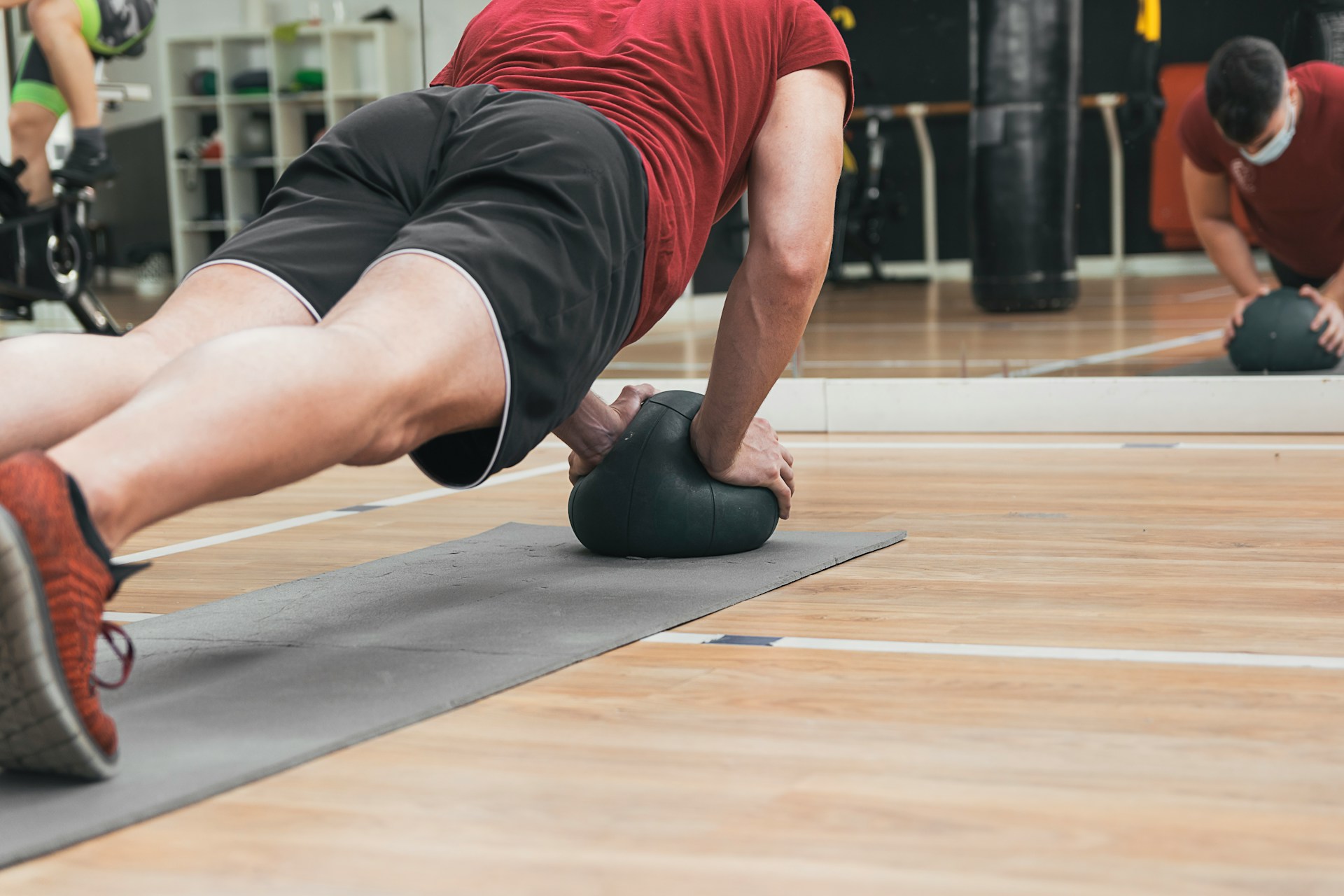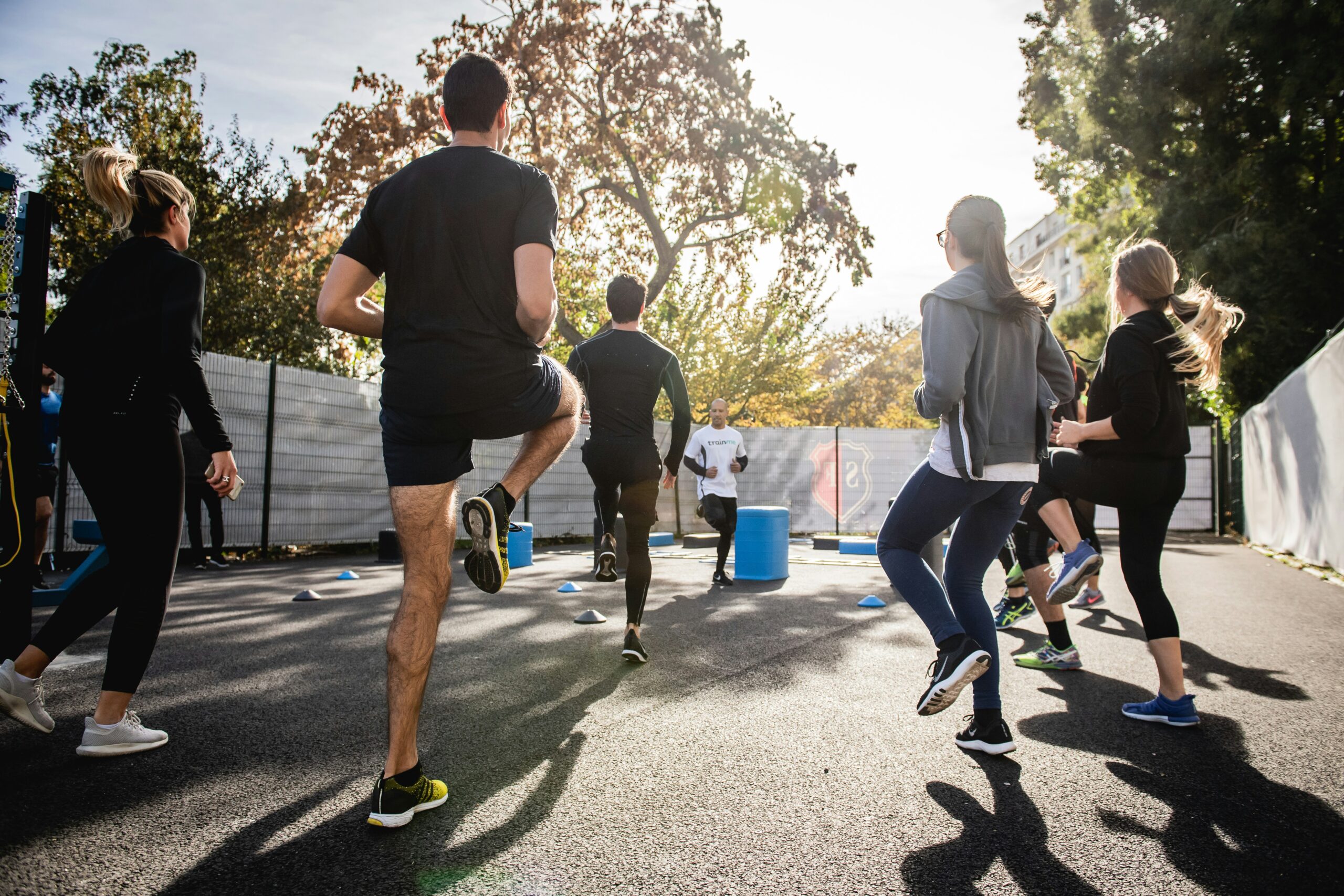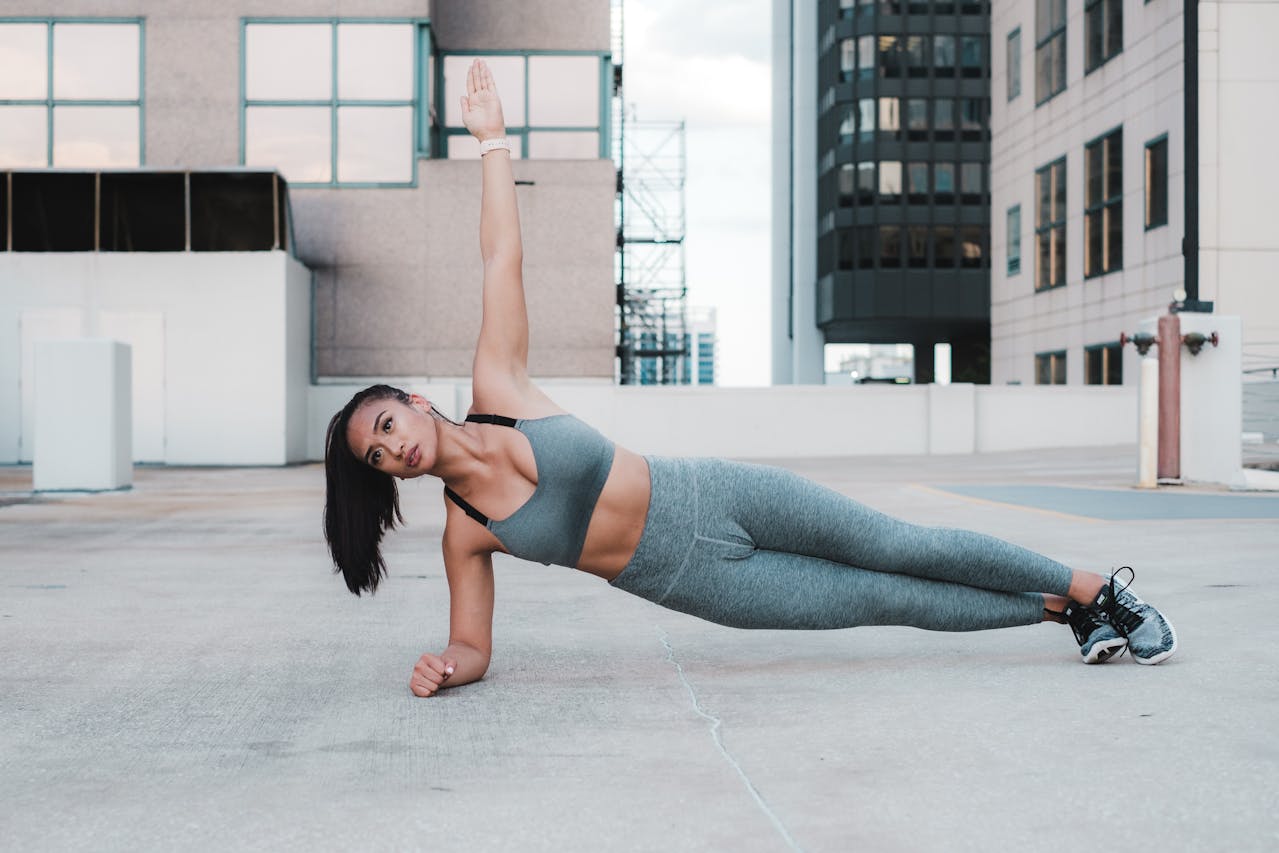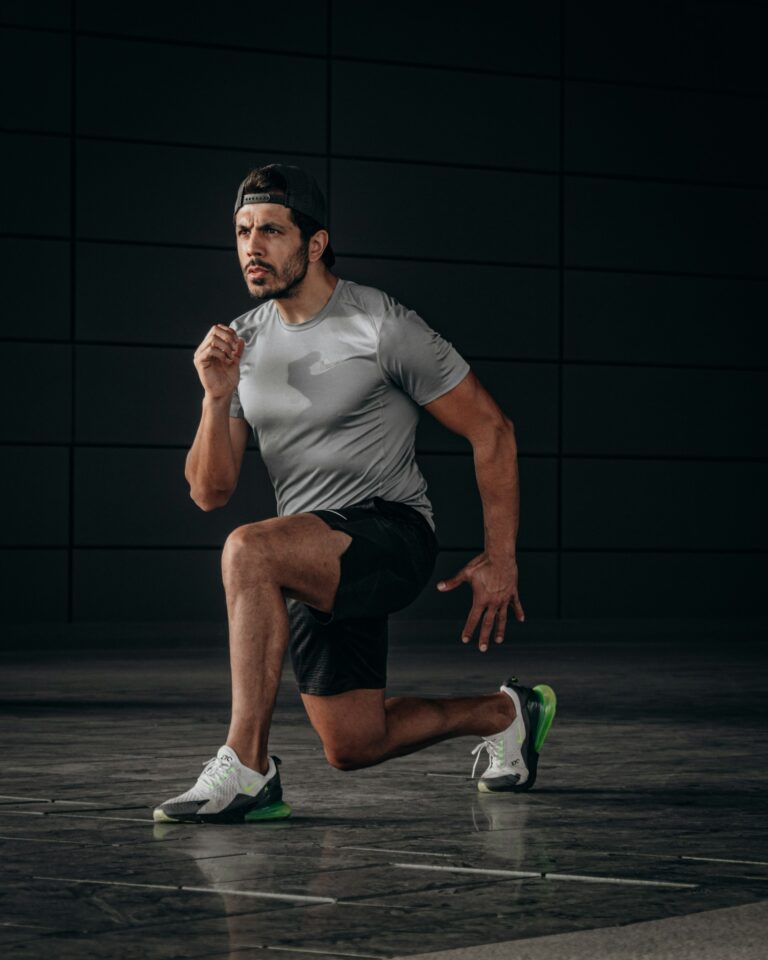Lifting heavy weights is great for building strength and feeling powerful, but don’t underestimate the benefits of light weights in your fitness routine. Lightweights help you build muscular endurance, warm your body, enhance your mind-muscle connection, and fine-tune your form. While heavyweights build muscle through low reps and high loads, lightweights improve muscular endurance through higher reps with lighter loads.
Expert trainers believe a varied approach to resistance training is key to achieving overall fitness, combining muscular strength and endurance. Light weights are often used in Pilates, barre, and cycling classes. What qualifies as “light” is subjective and varies from person to person, but generally, weights that allow 12-15 reps before fatigue are recommended.
Even though research on lightweight training is limited, many trainers tout its benefits based on experience. Light lifting can increase muscle endurance and make daily tasks easier. It can be done anywhere with a basic set of dumbbells and emphasizes good form to avoid injury. Aiming for several light lifting sessions per week, along with proper warm-ups, can make you feel stronger in just a few weeks.
Light Weights Benefits
Light Weights, Big Impact: Ease Your Daily Activities
The National Academy of Sports Medicine (NASM) says that building muscular endurance is essential for daily activities. Working under a low load for an extended period boosts your muscles’ ability to sustain force over time. This means you’ll find routine tasks more relaxed.
For example, while you need strength to lift your toddler, you rely on endurance to carry them at the amusement park for hours. Enhanced endurance allows you to carry anything—a child or groceries—without quickly getting tired.
Enhance Your Training and Prevent Injuries
When lifting light weights, prioritize single-joint exercises like donkey kicks or lateral raises. These exercises target smaller muscles, such as hip and shoulder stabilizers, crucial for joint function and injury prevention. Lightweights reduce injury risk by allowing you to focus on form and technique. Studies show that lighter loads can prevent injuries, improving overall performance.
Lifting heavy weights improperly can lead to injury, especially if you have a prior muscle injury. Scar tissue from past injuries is weaker than muscle tissue, making future injuries more likely. Proper biomechanics and technique are essential when weightlifting to avoid injury and optimize your workout. Remember, lifting light with good form is better than risking injury with heavy weights.
Achieve More Hypertrophic Gains by Lifting Light Weights
When you use lighter weights, your target muscles do all the work without relying on other muscles to help out. This means better muscle growth in the areas you want to develop.
Take the triceps press down, for example. If the weight is too heavy, your shoulder muscles might take over since they are stronger than your triceps. The result? Your shoulders get a solid workout, but your triceps don’t get the attention they need.
By sticking to lighter weights, you can ensure your triceps—and other target muscles—grow effectively.
Improve Bone Health
Perimenopausal and post-menopausal women are at a higher risk for osteoporosis due to lower estrogen and progesterone levels. But did you know that using weights can help strengthen your bones? Weight training encourages bone cells to grow, which counteracts the age-related decline in bone density.
“Activities like walking are fantastic, but they don’t help much with upper body bones, which also need resistance training to stay strong,” says Roberts
Lift Light, Lose Fat!
Lift Light, Get Lean helps you build lean muscle safely without adding bulk. Using just a pair of light weights, you can enjoy all the benefits of weight training while reducing your risk of injury.
Additionally, lifting weights can also improve balance and coordination, which can help prevent falls and fractures.
As we age, our balance naturally declines due to muscle strength and joint mobility changes. However, weightlifting can target these areas and help maintain or improve balance.
Furthermore, weight training can have a positive impact on overall mental health.
The physical exertion and sense of accomplishment from lifting weights can boost mood and reduce stress. This is especially important during menopause, when hormonal fluctuations may lead to mood swings and increased anxiety.
But don’t worry about becoming bulky by using weights! Women do not produce enough testosterone to build large.
Transform Your Core Strength with Light Weight Training
If you’re new to fitness, you might think heavy lifting is the only way to get strong. But guess what? Adding light weights to your routine can be a game-changer!
Imagine doing a big move like a squat or deadlift. You might need to realize you’re using your lower back more than your glutes.
But when you switch to light weights for some fine-tuning, it’s like an “aha!” moment. You discover, “Wow, my glutes haven’t been working as they should!”
Research backs this up.
A 2021 study found that lightweight training boosts muscle excitation—fancy talk for making your muscles work better. Another study showed light weights lead to more muscle activation during workouts.
That’s why fitness expert Stokes suggests adding light weights to your warm-up. This helps activate the right muscles and sync your mind and body, making those heavy lifts much more effective.
Light Weights Improve Range of Motion
Starting with light weights in your workouts is essential for developing proper form and maximizing exercise benefits, especially for beginners, people recovering from injuries, or those needing a technique refresher.
Using lighter weights allows you to perform exercises through a full range of motion, which is key to building muscle effectively. Heavier weights often limit this range, reducing the effectiveness of the workout.
Studies confirm that training with a full range of motion leads to greater muscle strength and size than training with a limited range. Lighter weights also help target specific muscles without relying on compensatory muscles, ensuring you maximize your workout.
How To Use Light Weights for Maximum Results
Everyone can benefit from incorporating light weights into their fitness routines. Here’s a quick guide on how to make the most of lighter loads in your workouts:
Start or End Your Session with Light Weights
- Warm-Up: Use light weights to activate your heart rate and muscles.
- Finisher: At the end of your training session, use lighter weights to exhaust your muscles fully.
Create a 10-Minute Circuit.
- Movement Snack: Get in some health-boosting activity even when short on time.
- Continuous Sequence: Keep movements continuous and switch up the range of motion, tempo, and rep scheme to increase intensity.
Exercise with a Mirror
- Check Form: Use a mirror or film yourself to ensure good form during exercises.
Choose the Right Dumbbells
- Weight Choice: Use three- to five-pound weights. Start with an effort level of 7 out of 10 and aim to feel burnt out by the end at an effort level of 9 or 10.
Practice Before Adding Weights
- Balance and Stability: Ensure you have the necessary balance, stability, and range of motion by practicing exercises without weights first.
- Body Weight First: Before adding light weights, perform the exercise with just your body weight to ensure flexibility and control.
Is Light Weight Training for You? Let’s Find Out Together!
When you’re new to working out, starting with lighter weights and gradually increasing them as you become more comfortable with the movements and form is essential. Teddy Savage, national lead trainer at Planet Fitness, emphasizes, “No matter your fitness level, always prioritize form and technique over the amount of weight you’re lifting.”
For beginners or those returning to fitness after a break, focusing on lighter weights is especially important. Savage suggests concentrating on the mind-to-muscle connection with every repetition. This helps you perform exercises correctly and safely, setting a strong foundation for future progress.
Who Should Skip Light Weights in Their Workout?
If you have any medical conditions or preexisting concerns, it’s always a good idea to check with your healthcare provider before changing your fitness routine. For those of you just looking to mix things up, fitness expert Savage has some advice.
“Anyone aiming to boost power, increase muscle mass, and build overall strength should start incorporating heavier weights. Doing so allows you to generate more force and exert more energy, even doing fewer reps per set.
Should You Do Light Weights Every Day
Yes, it all depends on your fitness goals. If you want to maintain strength and muscle definition, stick to lighter weights and higher reps. But if you aim to boost strength or build muscle mass, add more weight and do fewer reps per set.
Bottom line
Lightweights should always be part of your workout routine, no matter your fitness level. Combining lightweight training with heavier lifting brings the best results. It’s important to find a balance and not be afraid of using light weights, as they can offer unique benefits for your body.
Lightweight training is often dismissed or overlooked by those focused on gaining muscle mass or lifting heavy weights. However, incorporating lightweight exercises into your routine can benefit beginners and advanced lifters.
For beginners, starting with light weights allows for proper form and technique without the risk of injury. This is especially important when performing compound exercises such as deadlifts, squats, and bench presses. By mastering these movements with lighter weights, you can progress to heavier ones.






